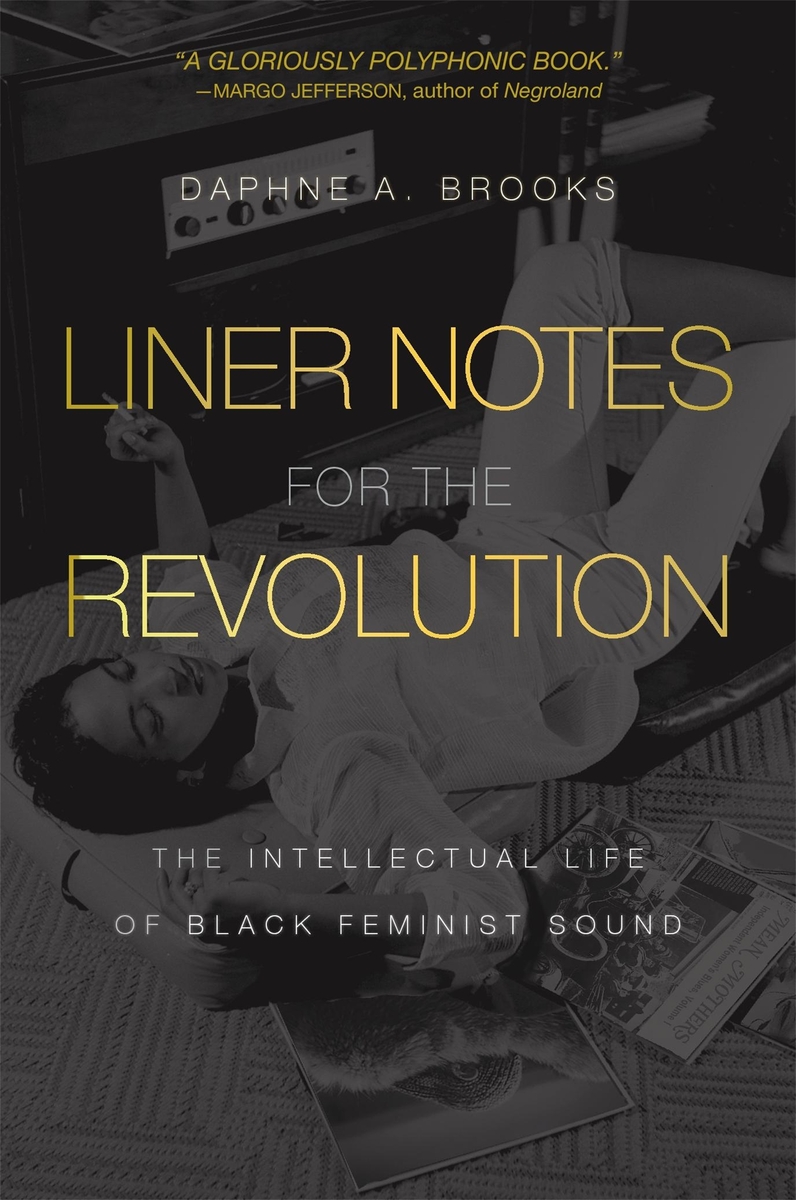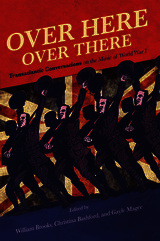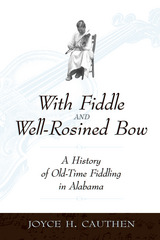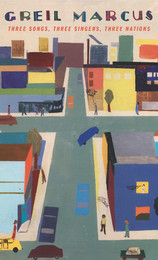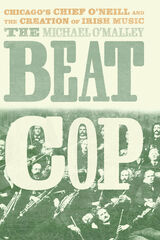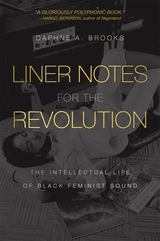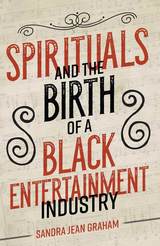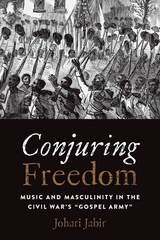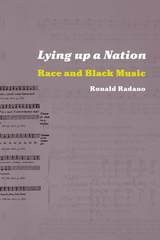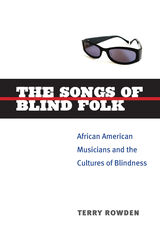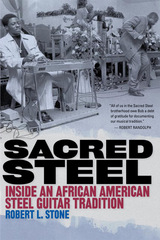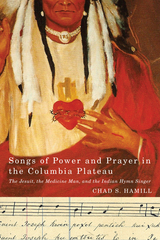Brooks traces all kinds of lines, finding unexpected points of connection…inviting voices to talk to one another, seeing what different perspectives can offer, opening up new ways of looking and listening by tracing lineages and calling for more space.
-- New York Times
Daphne Brooks has written a gloriously polyphonic book. Moving through the tumult of the twentieth century and the millennium, she scores, archives, and curates the history of Black woman musicians and their radical modernities, all created in a culture that presumed they had no voices or minds. What did they do to be so Black, brilliant, and blue? Listen. And read on.
-- Margo Jefferson, author of the National Book Critics Circle Award–winning Negroland
Brooks takes on a wide-ranging study of Black female artists, from elders like Bessie Smith and Ethel Waters to Beyoncé and Janelle Monáe. But she reaches far beyond music, exploring writers like Zora Neale Hurston and Pauline Hopkins…Liner Notes is a secret history…connecting the sonic worlds of Black female mythmakers and truth-tellers.
-- Rob Sheffield Rolling Stone
Brooks moves deftly between eras, from early-twentieth-century blues and vaudeville to Lemonade-era Beyoncé…In articulating the intellectual labor of so many Black women artists—unknown, ‘undertheorized,’ or both—she implicitly acknowledges those who, for whatever reason, didn’t make it into the capital-A archive, but whose contributions surround us nonetheless…Liner Notes is a loud warning shot: seeing Black women everywhere is not the same as seeing Black women.
-- Rawiya Kameir Bookforum
Takes on the weighty task of sifting through more than a century’s worth of music history, cultural criticism and long forgotten archives to explore the revolutionary practices of Black women musicians…Brooks is effusive in her belief that not only did these women exist in spaces previously thought to be exclusively white, she suggests their impact can be felt in all spheres of music today.
-- Stephanie Phillips The Wire
A passionate book, written with a vigorous confidence…Brooks’s command of history and her reading are broad and deep…Instinct says there is a large audience that is not only sympathetic to what she has to say but would be charged up by Brooks’s ideas, that would hear in the music what Brooks hears.
-- George Grella Brooklyn Rail
Effortlessly poetic, deeply historical, and insistently imaginative, Liner Notes for the Revolution doesn’t merely give voice to unheeded and crucial innovators; it offers a new method for approaching music history itself.
-- Ann Powers, author of Good Booty
Daphne Brooks’s brilliant evocation of what gets lost when women of color don’t speak, let alone sing, is one of the most moving testaments to the power of silence, and what breaking that silence means, that I have ever read. Vivid, joyful, and heartbreaking in its passionate understanding of soul in all its manifestations, Liner Notes for the Revolution is itself a new kind of music: propulsive, witty, wise, and true.
-- Hilton Als, author of White Girls
For Daphne Brooks, black feminist sound is sensuous thought. In Liner Notes for the Revolution, she feels and shows and says this with such devotion, such critical and emotional intelligence, such archival commitment and dexterity, and such urgent social aspiration that listening itself is new again.
-- Fred Moten, author of All That Beauty
Liner Notes for the Revolution is a groundbreaking and breathtaking volume from one of our leading cultural historians that will forever change the way we write and think about American culture. Daphne Brooks insists upon the genius of Black women music-makers, listeners, and critics. This transformative work of intellectual generosity is sure to join the ranks of classic works such as Amiri Baraka’s Blues People and Greil Marcus’s Lipstick Traces.
-- Farah Jasmine Griffin, author of Harlem Nocturne
It went so many unexpected places and it fed me. I was especially drawn to the under-told stories of trailblazing women who were the collectors, archivists, and storytellers. She’s made what has been in the shadows legible. It’s full of stories of creative resistance and persistence. Perfect for this moment.
-- Los Angeles Times
A sweeping survey of Black women’s contributions to music history and a rigorous mapping of their lives as intellectuals. From Bessie Smith to Beyoncé…A positively revolutionary ‘critical re-attunement.’
-- Pitchfork
A groundbreaking study that is necessary reading for scholars of Black studies, women’s studies, sound studies, and performance studies. The methods and arguments put forth by Brooks will undoubtedly inspire the growth of Black feminist archival scholarship dedicated to unearthing the stories of many more sidelined, yet-to-be-recognized culture makers.
-- Shanice Wolters Women and Music
Through storytelling, analysis, and archival research, Liner Notes for the Revolution spans generations of Black women as musical pioneers, including Ma Rainey, Billie Holiday, and Tina Turner, and calls attention to their resounding influence.
-- Jaelani Turner-Williams Teen Vogue
Enlightening…a fresh perspective on more than a century’s worth of Black female musicians…Brooks combines an impressive archive of musical works and the artists’ own words to convincingly reveal how they each impacted popular culture. Music aficionados should take note.
-- Publishers Weekly
A spirited study of how Black women musicians and writers have informed each other despite gatekeepers’ neglect and dismissals…A sui generis and essential work on Black music culture destined to launch future investigations.
-- Kirkus Reviews (starred review)
A lyrical masterpiece that takes readers on an exhilarating journey through a century of Black sound from Bessie Smith to Beyoncé…Brooks’ liner notes are a ‘requiem’ for the oversight of Black women musicians and their intellectual resonance.
-- New Books Network
An impressive exploration of Black women’s intellectuality in music.
-- Jordannah Elizabeth Amsterdam News
Rich with insights…A rigorous and sweeping counter-history of American pop.
-- Danielle A. Jackson Vulture
